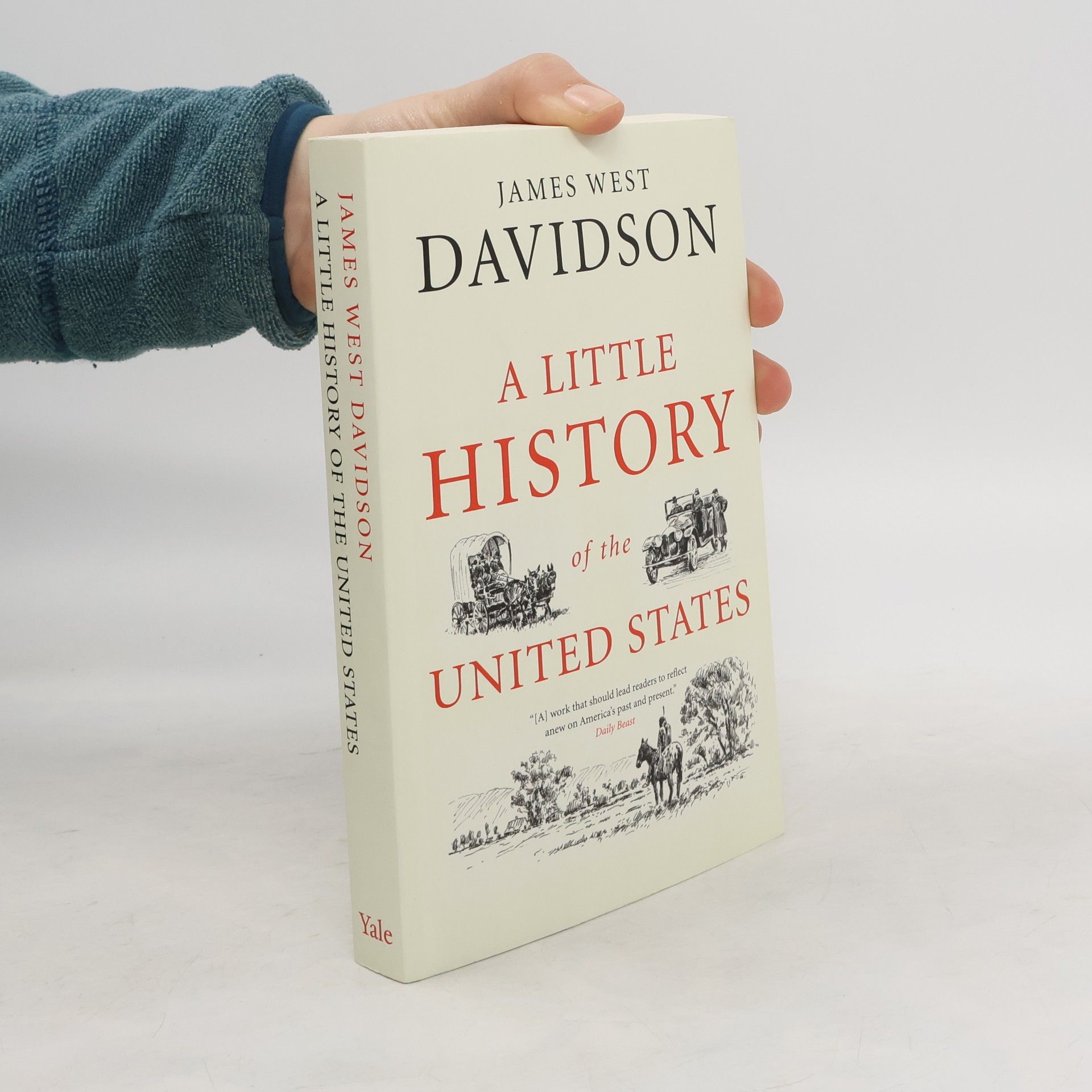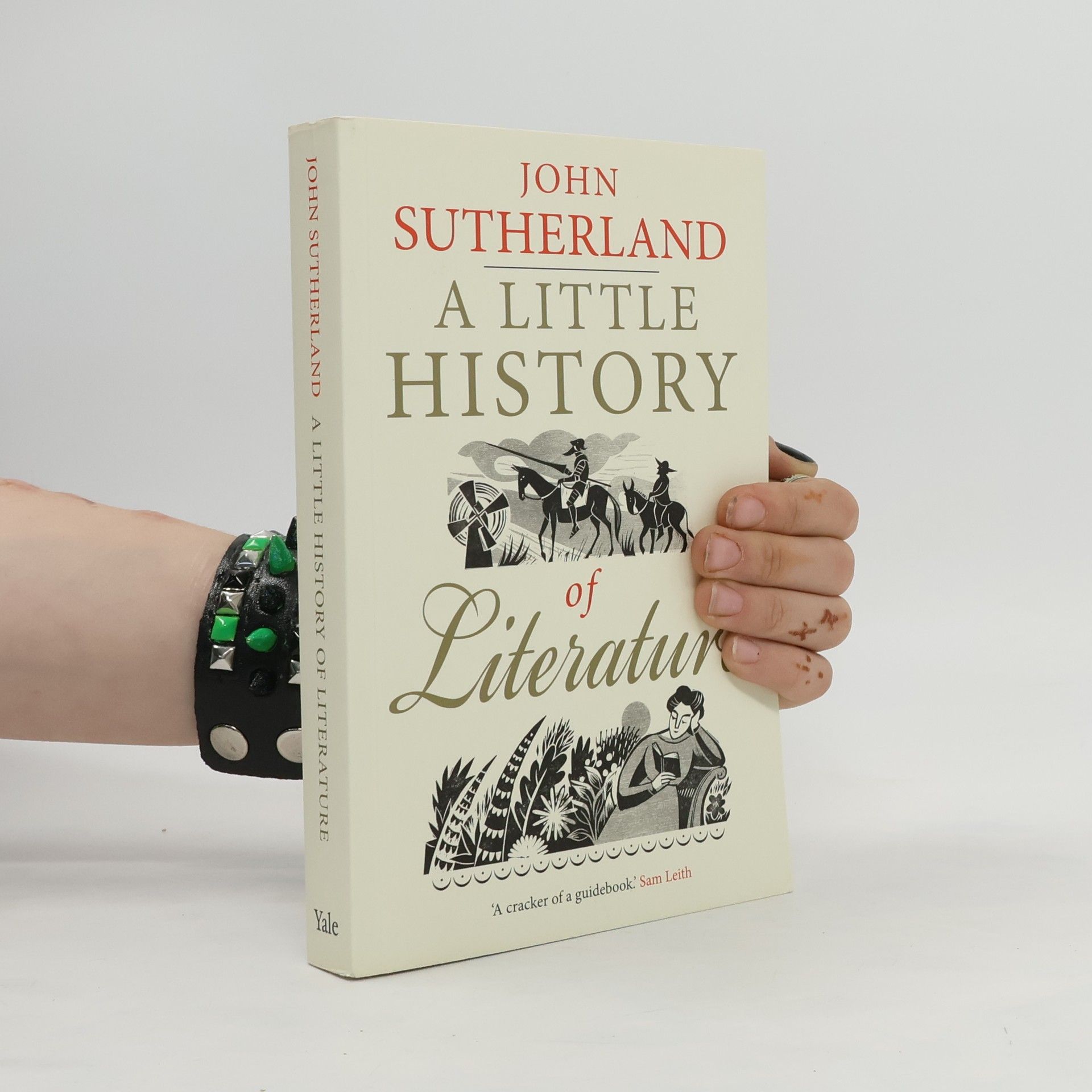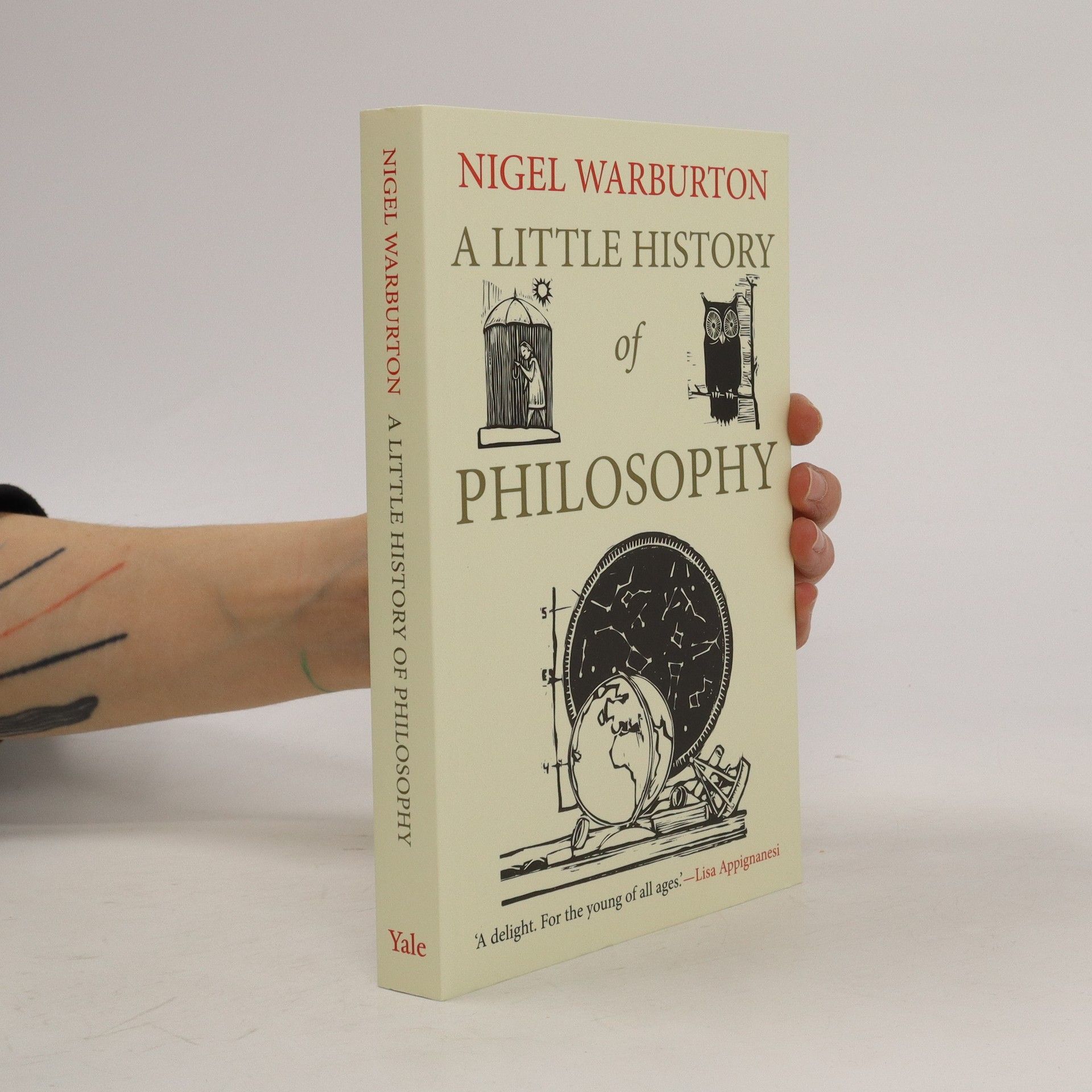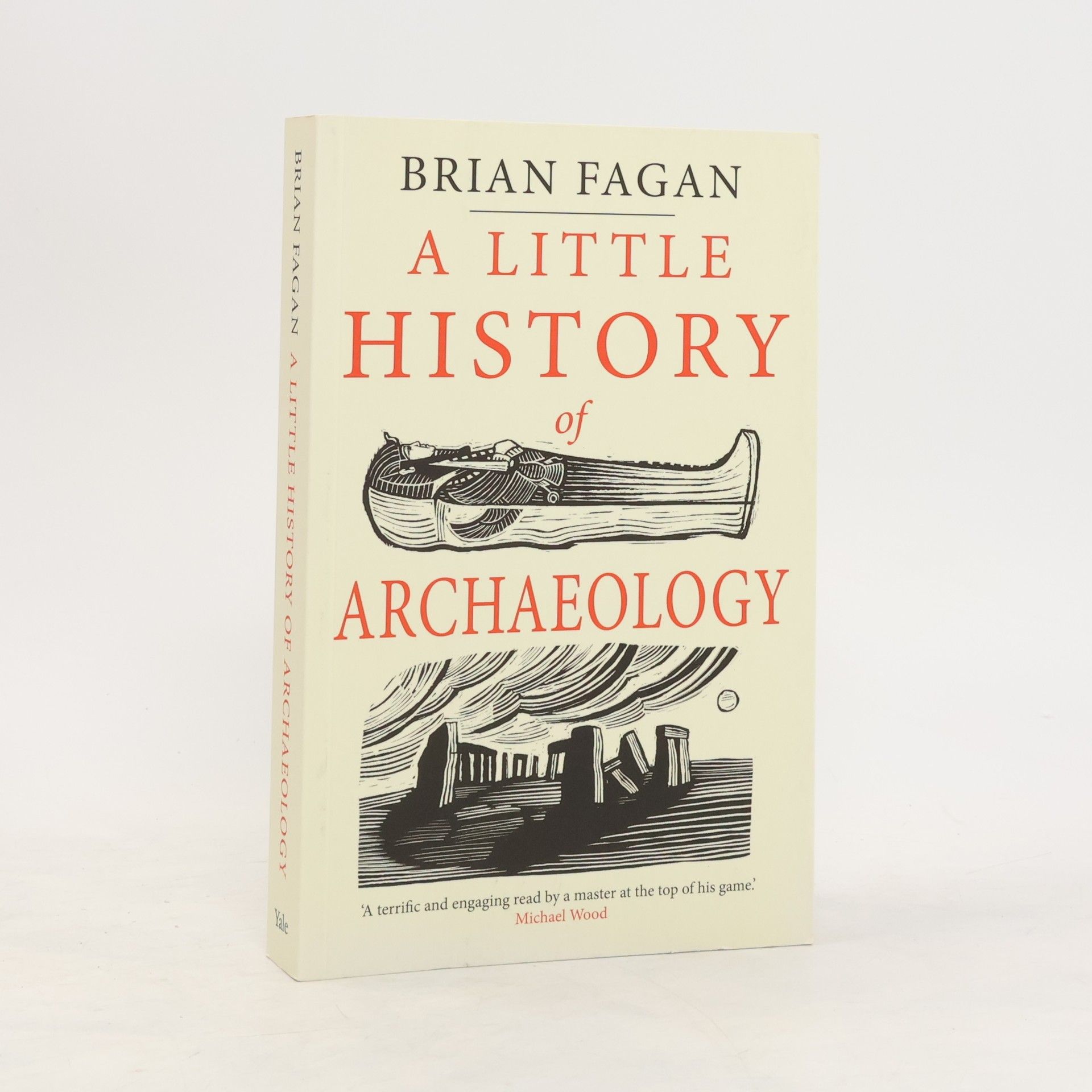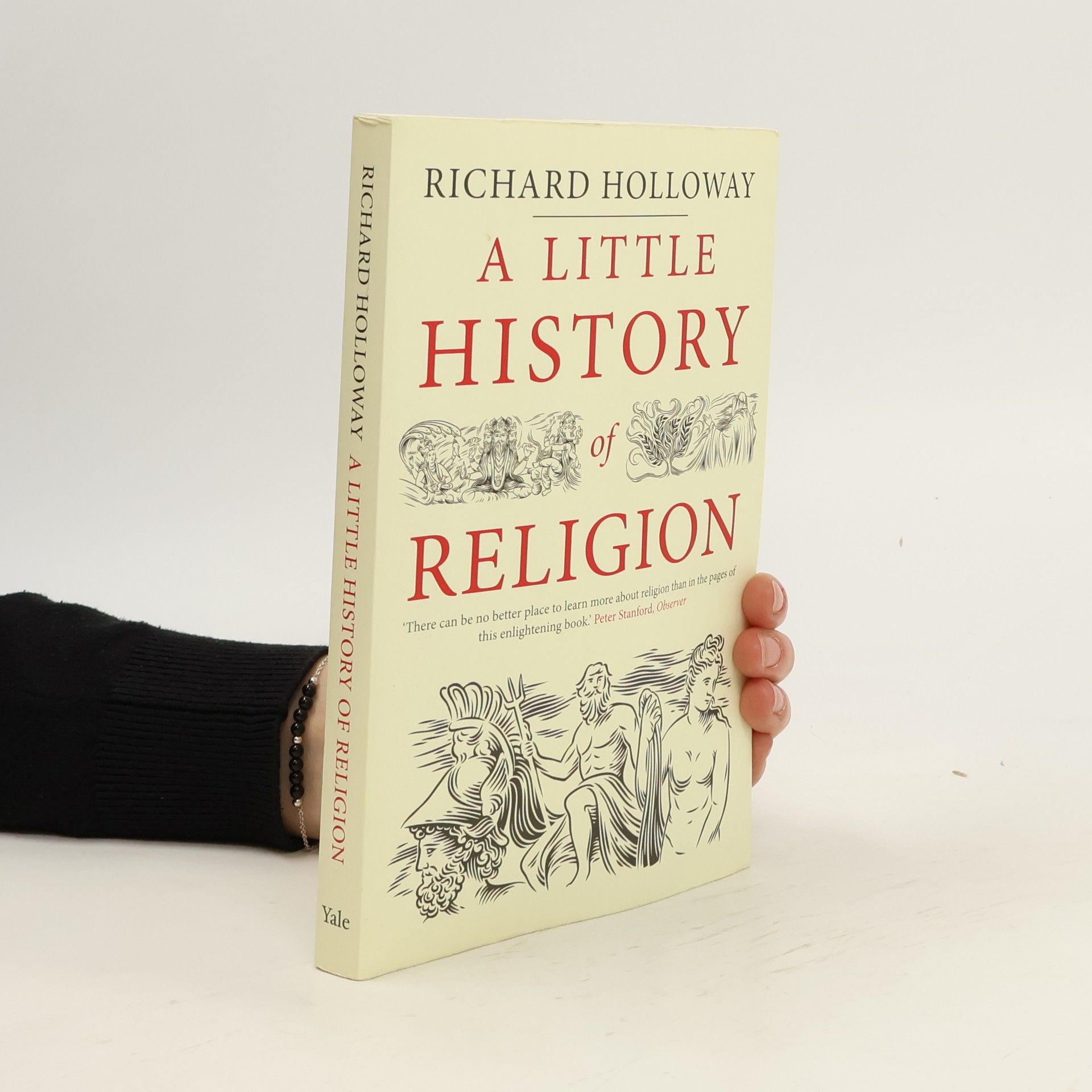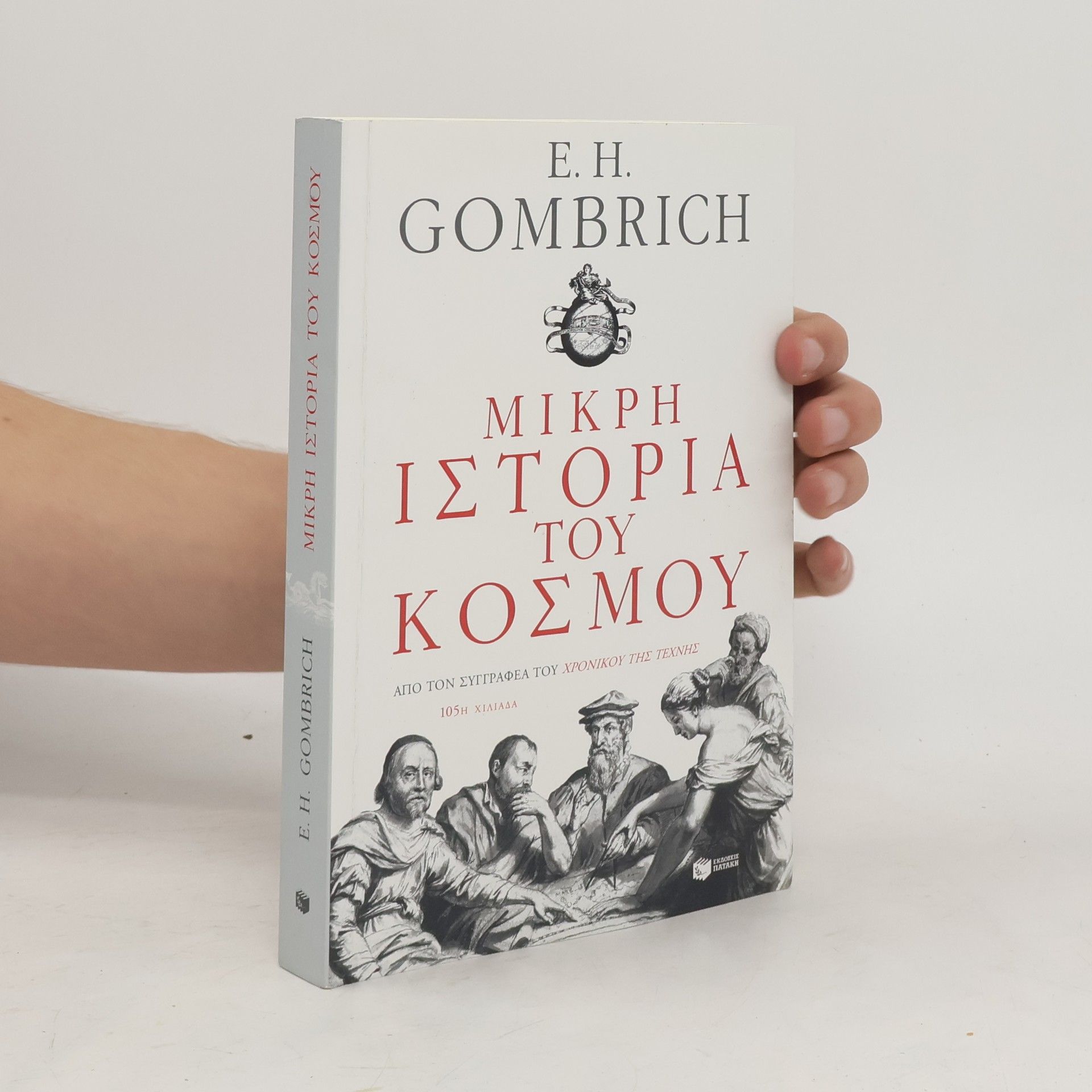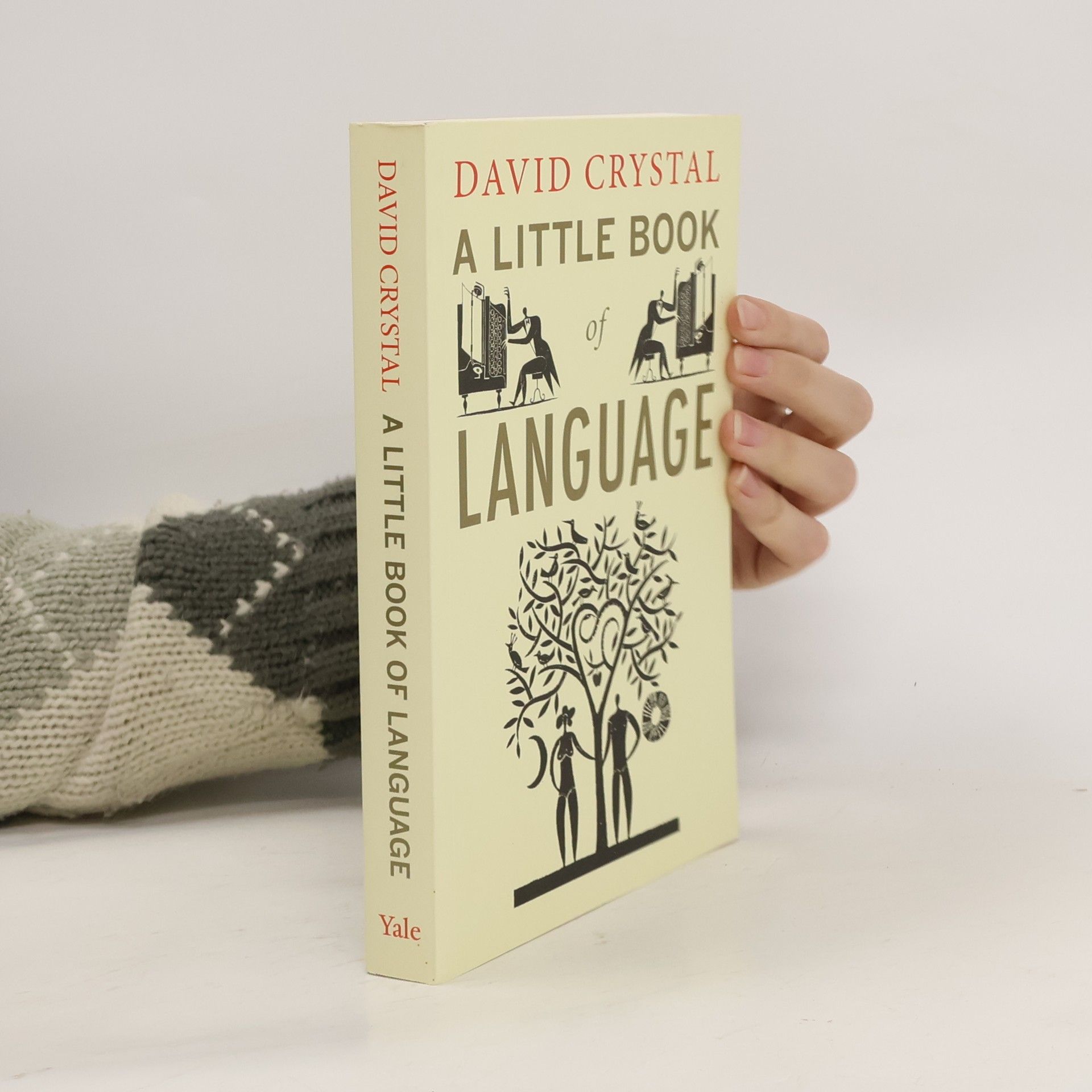A Little History of Economics
- 256pages
- 9 heures de lecture
A lively, inviting account of the history of economics, told through events from ancient to modern times and through the ideas of great thinkers in the field "A whistle-stop introduction to the great works and thinkers of each age, this is a clear and accessible primer."--Laura Garmeson, Financial Times What causes poverty? Are economic crises inevitable under capitalism? Is government intervention in an economy helpful, or harmful? While the answers to such basic economic questions matter to everyone, the unfamiliar language and math of economics can seem daunting. This clear, accessible, and even humorous book is ideal for young readers new to economic concepts, and for readers of all ages who want to better understand economic history and ideas. Economic historian Niall Kishtainy organizes short chapters that center on big ideas and events. He introduces us to some of the key thinkers--Adam Smith, David Ricardo, Karl Marx, John Maynard Keynes, and others--while examining topics ranging from the invention of money to the Great Depression, entrepreneurship, and behavioral economics. The result is an enjoyable book that succeeds in illuminating the economic ideas and forces that shape our world.
